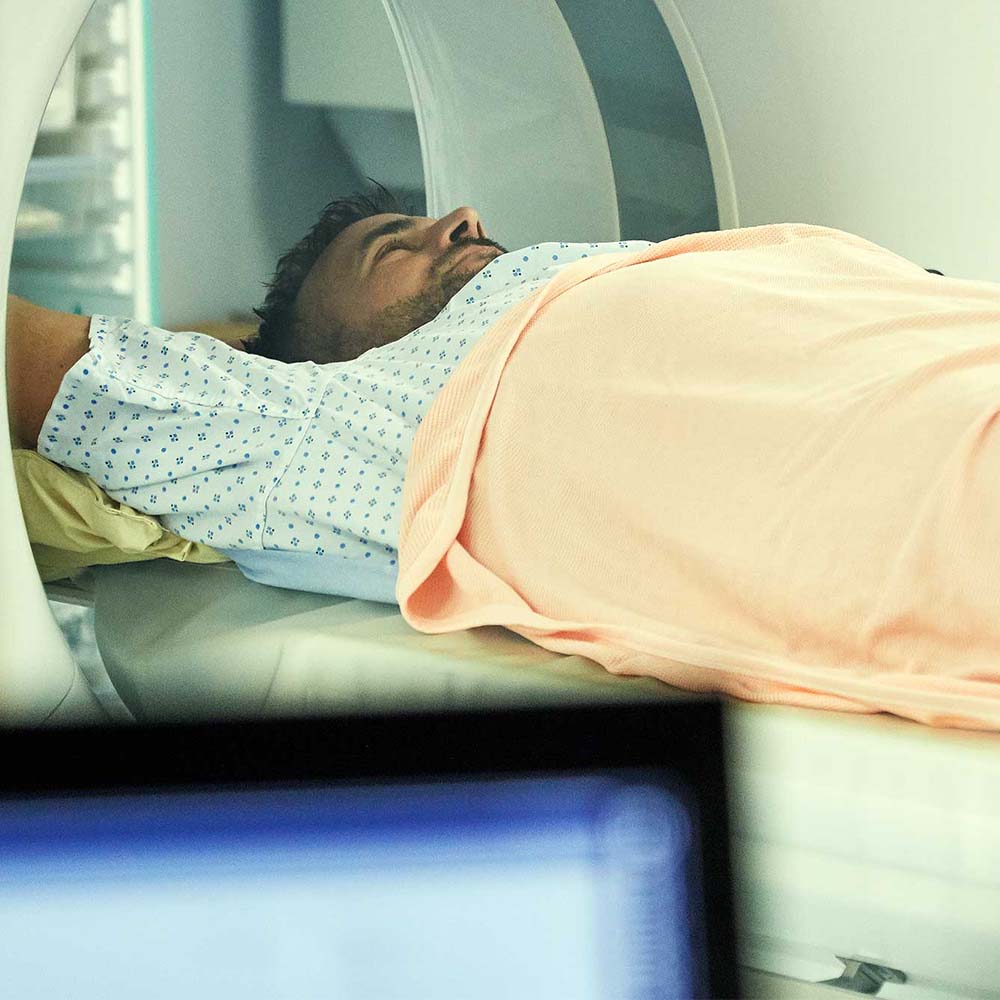Bowel cancer (also known as colorectal cancer) is the fourth most common cancer in the UK. Detection in its early stages allows curative treatment.
At New Victoria Hospital our highly experienced colorectal and gastroenterology Consultants are experts in the diagnosis and treatment of bowel cancer. With access to a world-class endoscopy and diagnostic imaging our team offers a comprehensive service.
In addition to seeing and assessing patients with symptoms we are also able to offer bowel cancer screening.
Consultants and Clinic Times


Dr Sarah Clark
MBBS, MD, FRCP
Specialities
Gastroenterology, Hepatology and Hepatobiliary Medicine


Dr Rishi Goel
MBBS, BSc, MRCP, SCE Gastroenterology, MD Res, MSc
Specialities
Gastroenterology
Mr Michael Jarrett
MA, BM ChB, DM, FRCS
Specialities
General Surgery, Colorectal Surgery


Dr Andrew Poullis
BSc, MBBS, MD, PGCert HBE, FRCP










